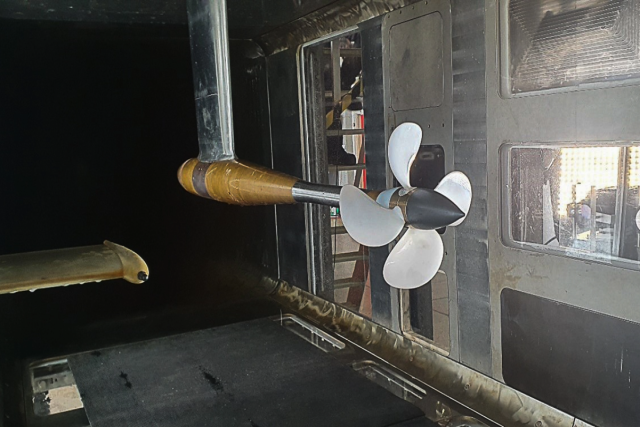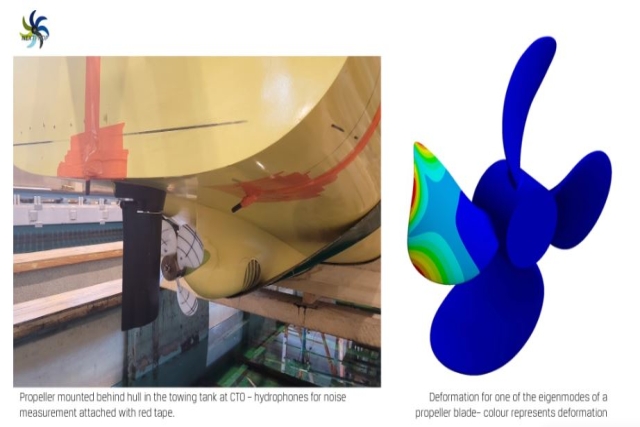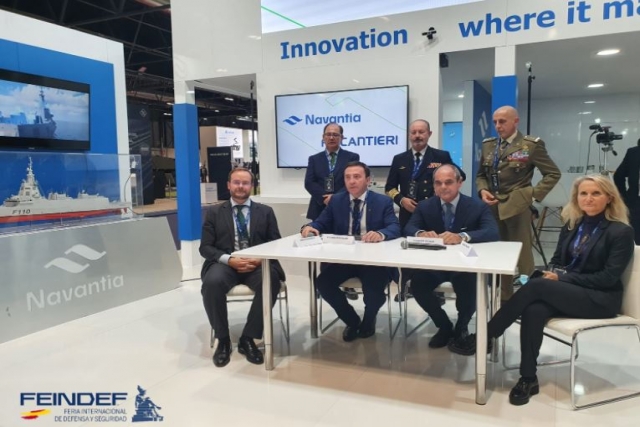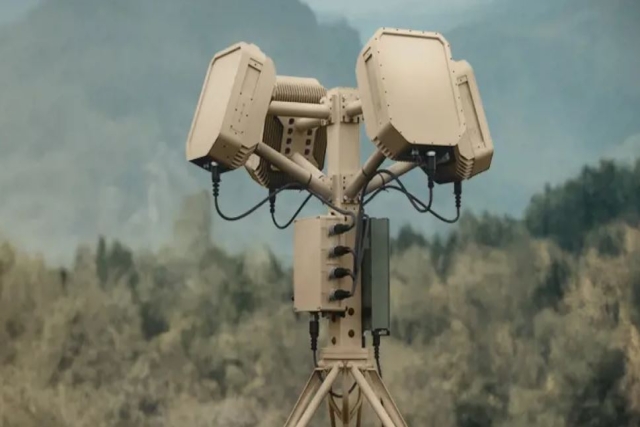European Project on Low-noise Naval Propeller Development Finalised
The project had a budget of €4 million, cooperatively funded by Italy, Norway, and Poland.

The European Defence Agency (EDA) project, "Next Generation of Propellers" (NextProp), concluded with the successful development of models and tools for designing low-noise naval propellers.
The final meeting of the EDA project occurred in Brussels this month. NextProp, a cross-domain activity involving EDA’s CapTechs “Naval Systems” and “Materials & Structures,” developed models and tools for designing low-noise naval propellers.
The project had a budget of €4 million, cooperatively funded by Italy, Norway, and Poland. Eight partner entities from these three countries implemented the project over the past three years.
Designing modern naval propellers involves considerations such as efficiency, weight, durability, cost, and detectability. Testing these propellers through experiments, using scale models or full-size prototypes, is crucial but can be expensive and time-consuming. Advancements in high-performance computing have increased the feasibility of numerical simulations and modelling.
Creating a model for the acoustic field generated by propeller motion is complex, encompassing factors like flow around the hull, turbulence, fluid-structure interaction at the propeller blades, and the interaction between the hull wake and propeller. This complexity defines a multi-physics and multi-scale problem requiring simplification in a computational model.

The primary project outcome is an improved software tool for minimizing the acoustic signature of naval propellers. Models based on hydro-elastic physics predict the behaviour of typical propeller materials, including metals and advanced composites, under operational conditions.
Results from NextProp improve the understanding of sound generation and propagation from naval propellers and support advanced low-noise propeller design. NextProp introduces new methods and setups for experimental propeller tests and advanced knowledge of sensor integration for condition-based maintenance.
Combining knowledge in hydro-acoustics and advanced material properties, the project effectively exploited synergies among EDA’s Capability and Technology Groups (CapTechs) “Naval Systems” and “Materials and Structures.” Several Member States support continuing the NextProp research line toward further optimization and validation of the design and fabrication of composite and isotropic polymer propellers, with a follow-up project currently being prepared.
Eight partner entities from Italy, Norway, and Poland: FFI (coordinator), FiReCo, Light Structures, SINTEF Ocean, CNR-INM, CETENA, Politecnico di Milano, Polish Naval Academy.













